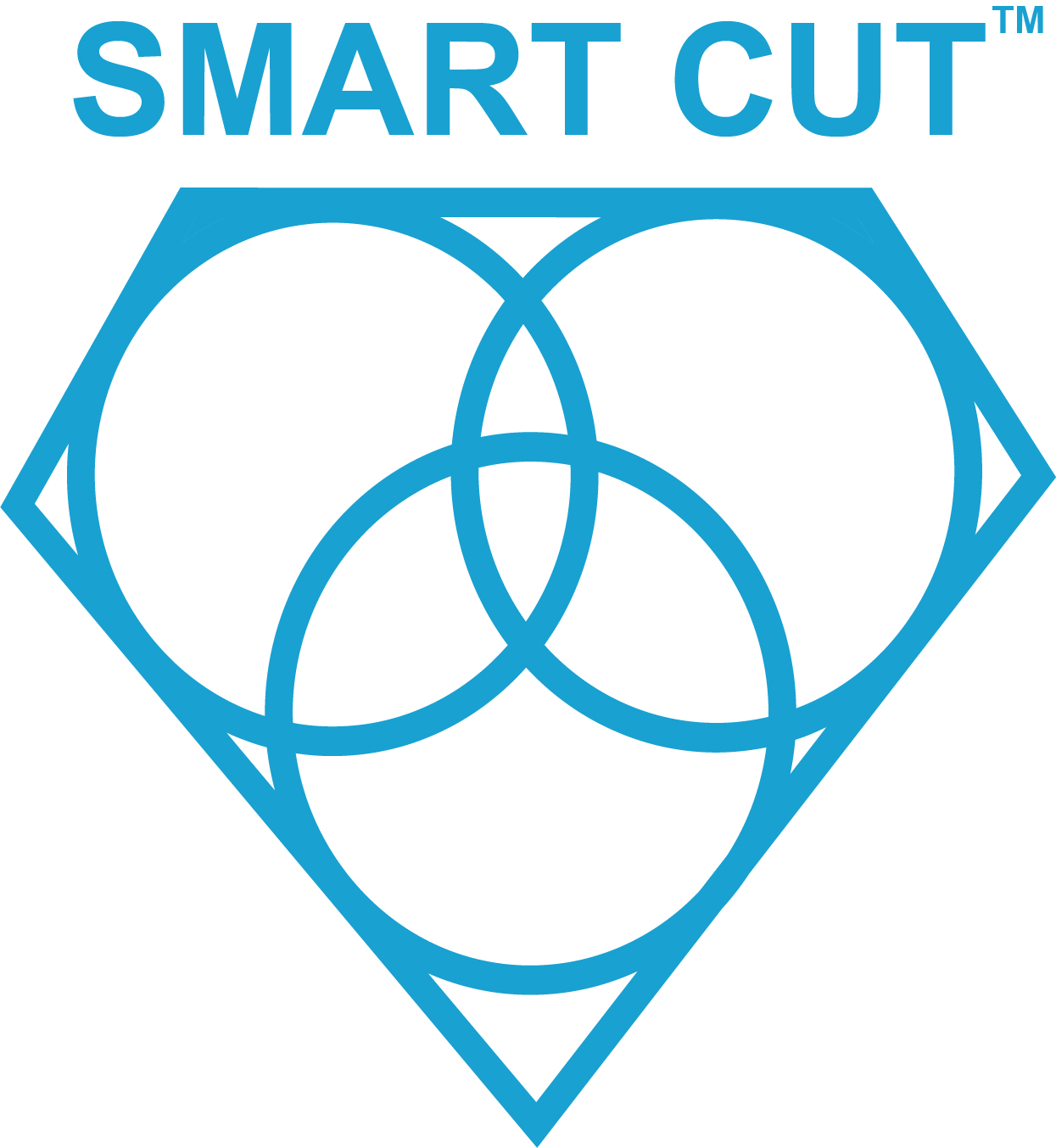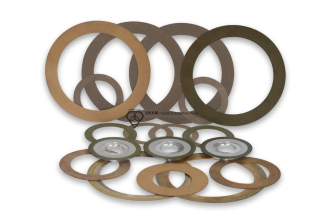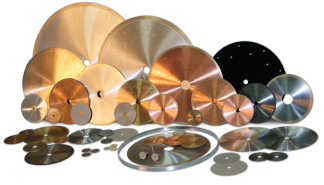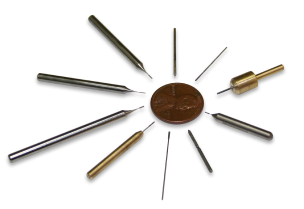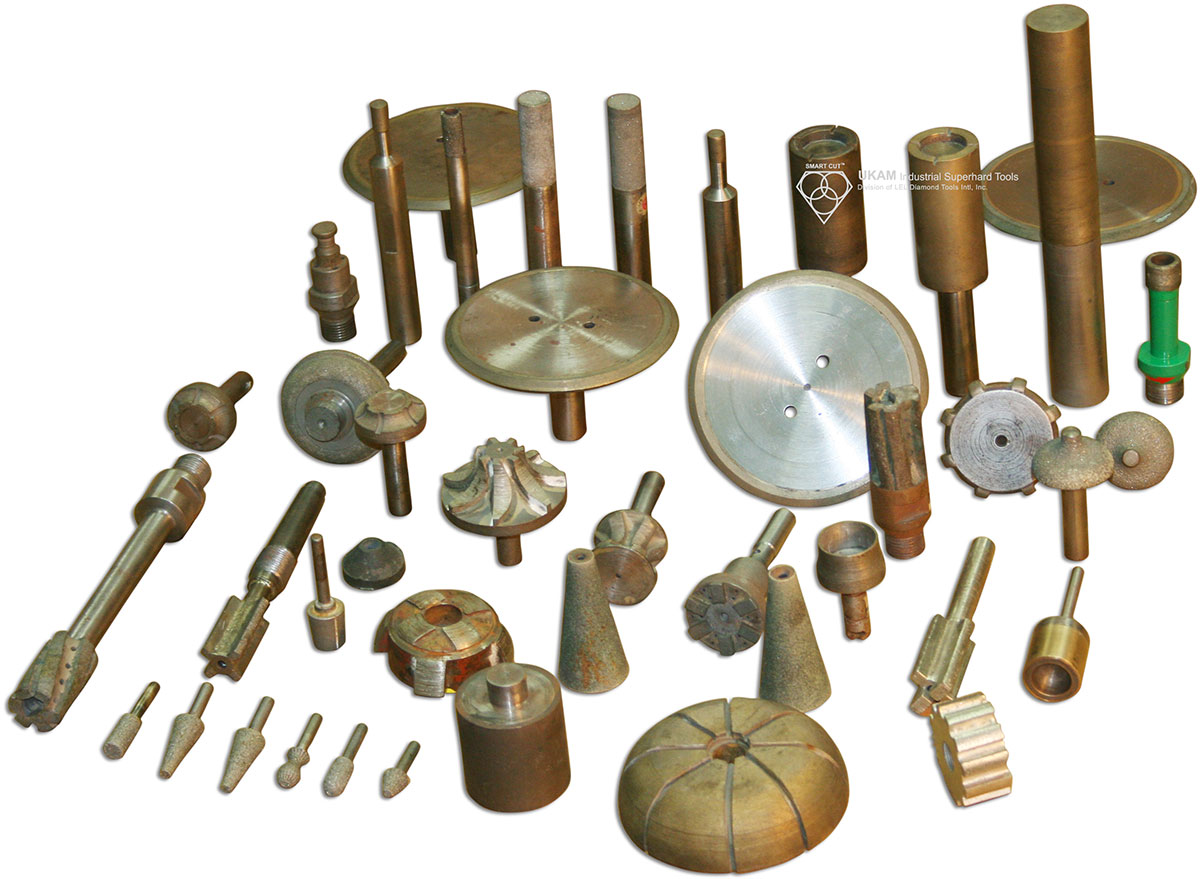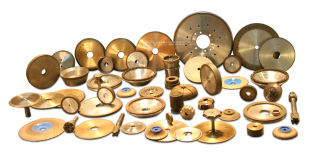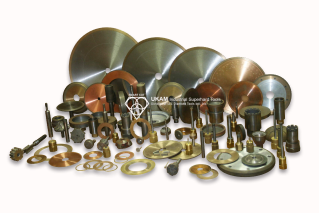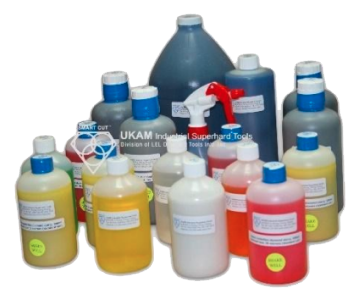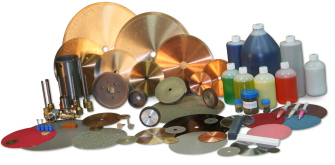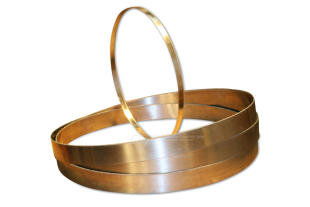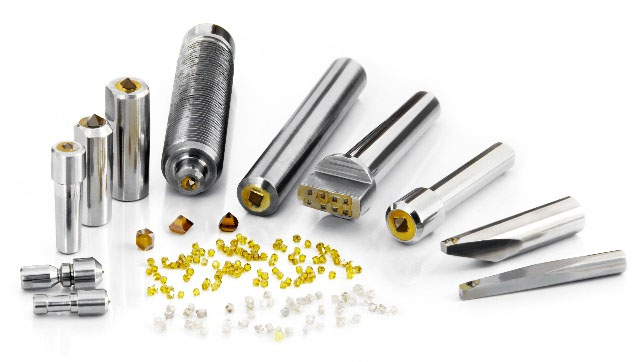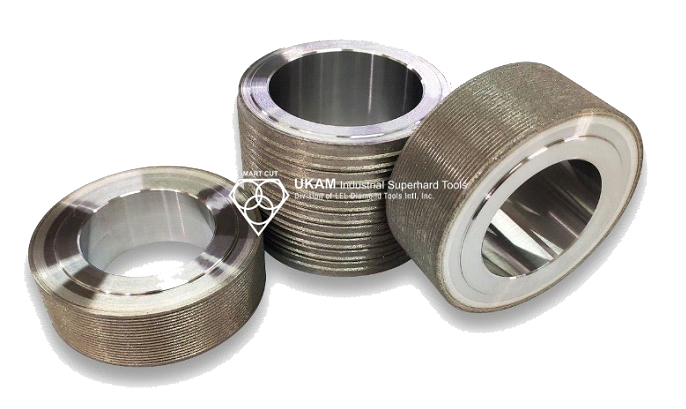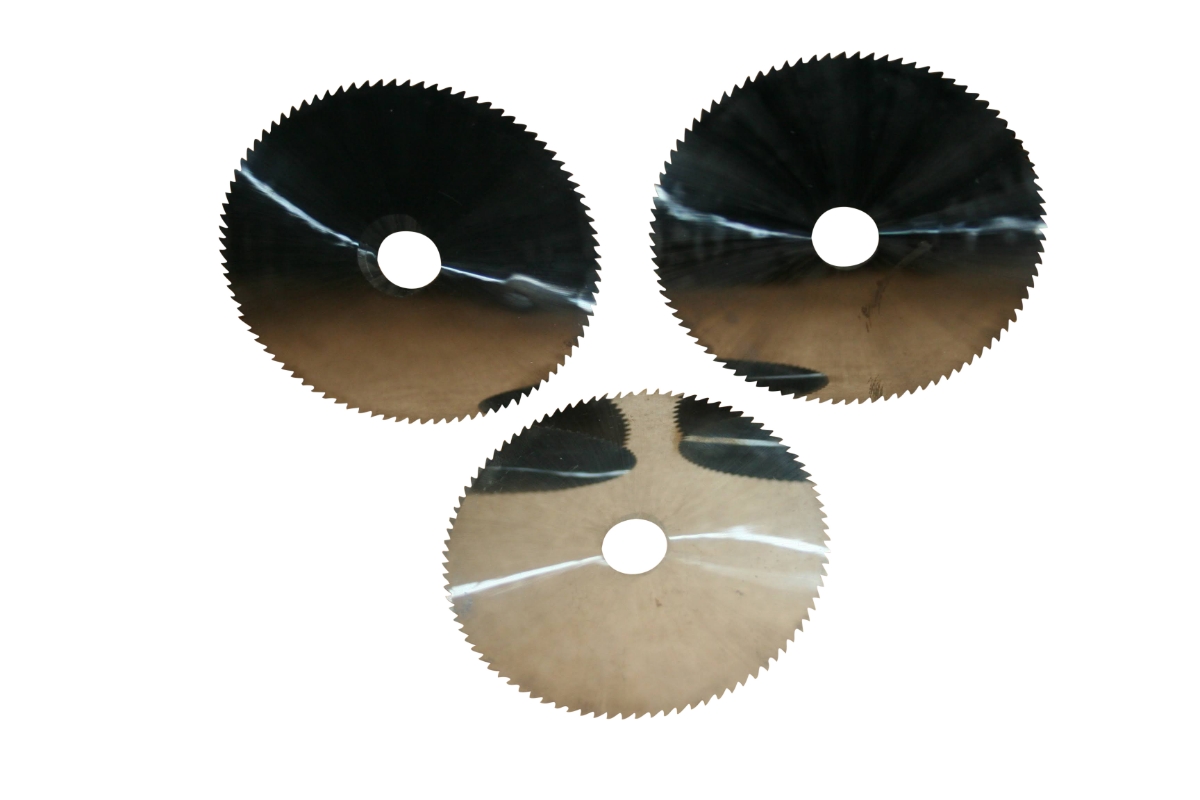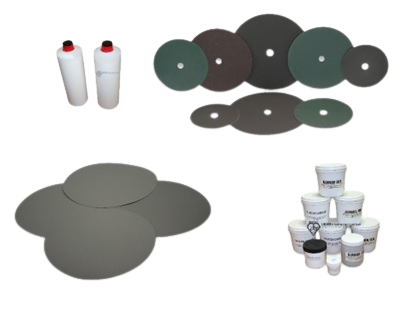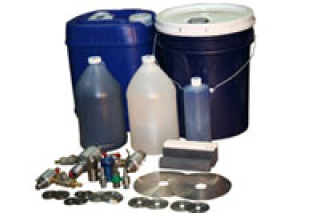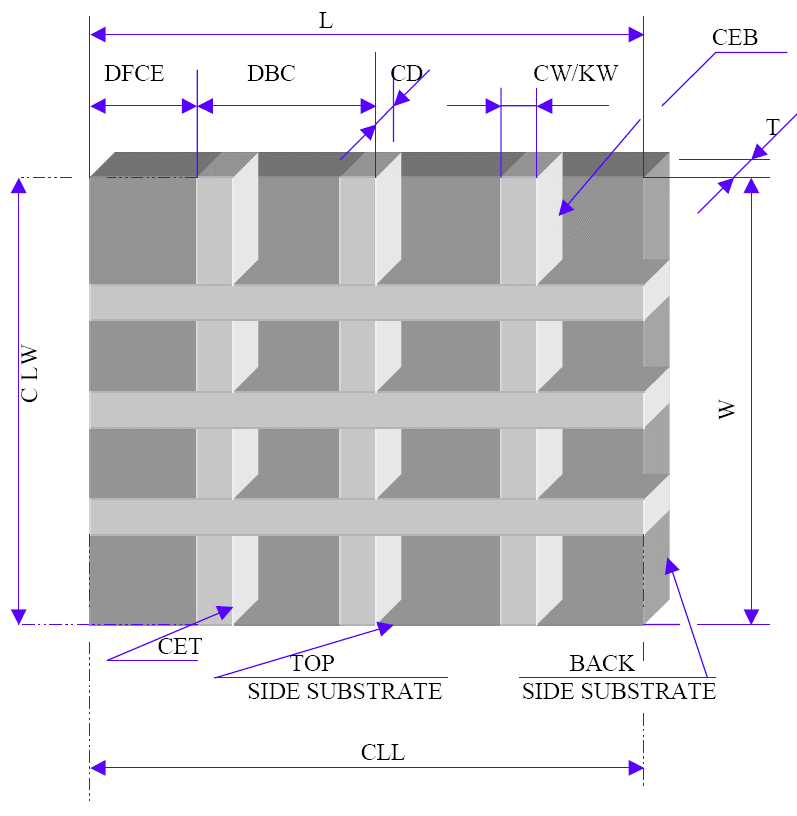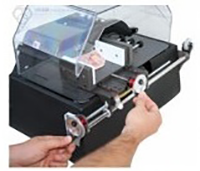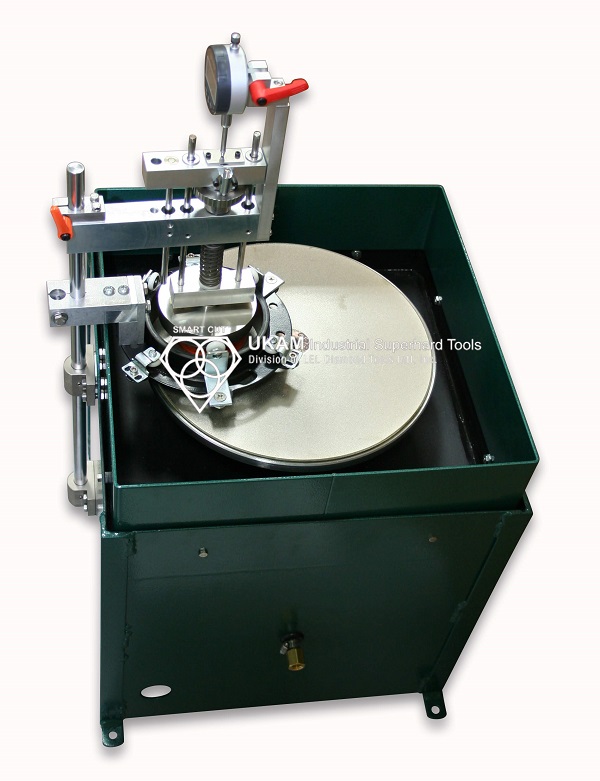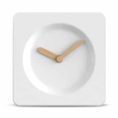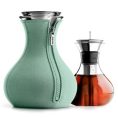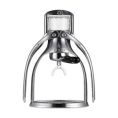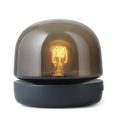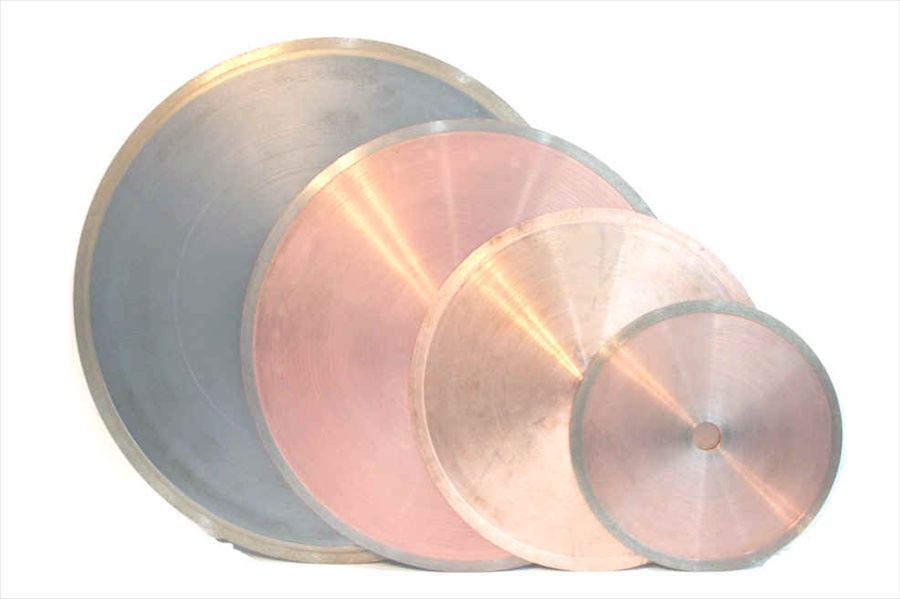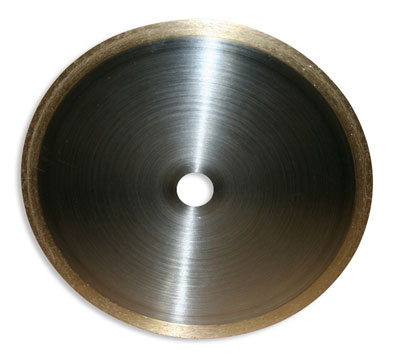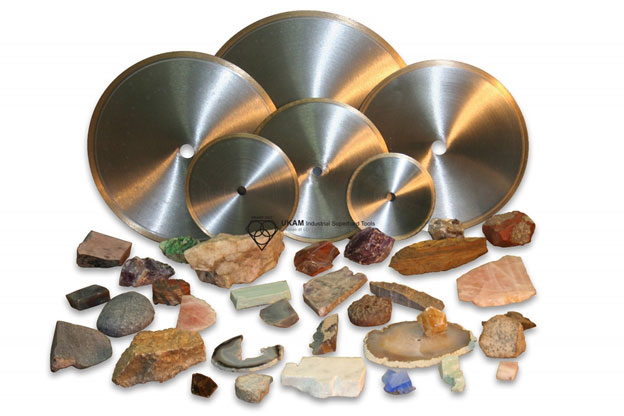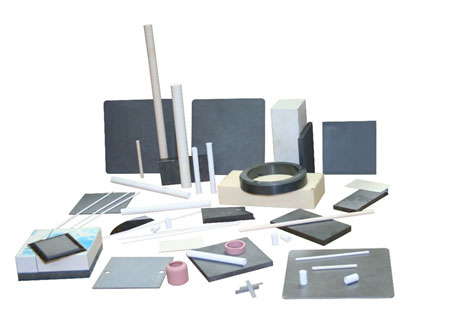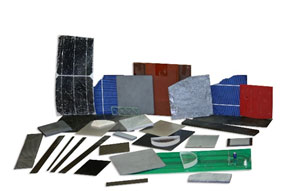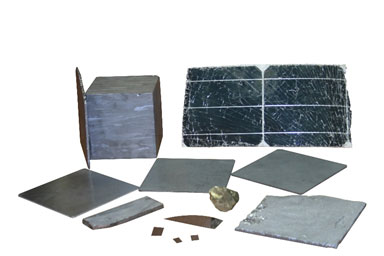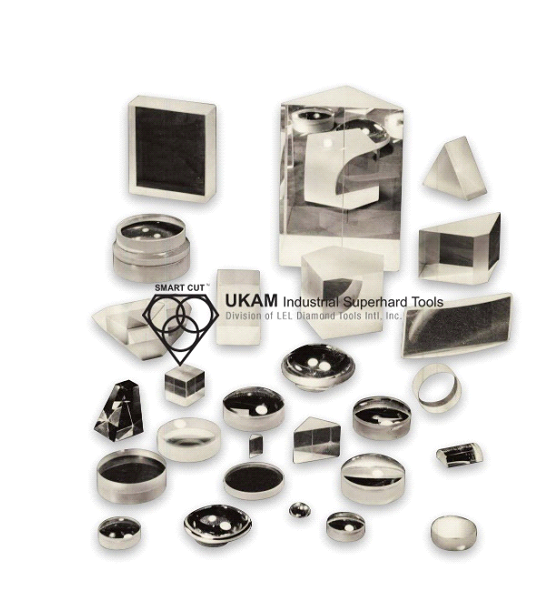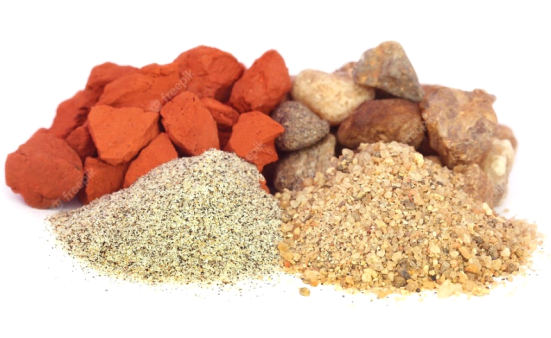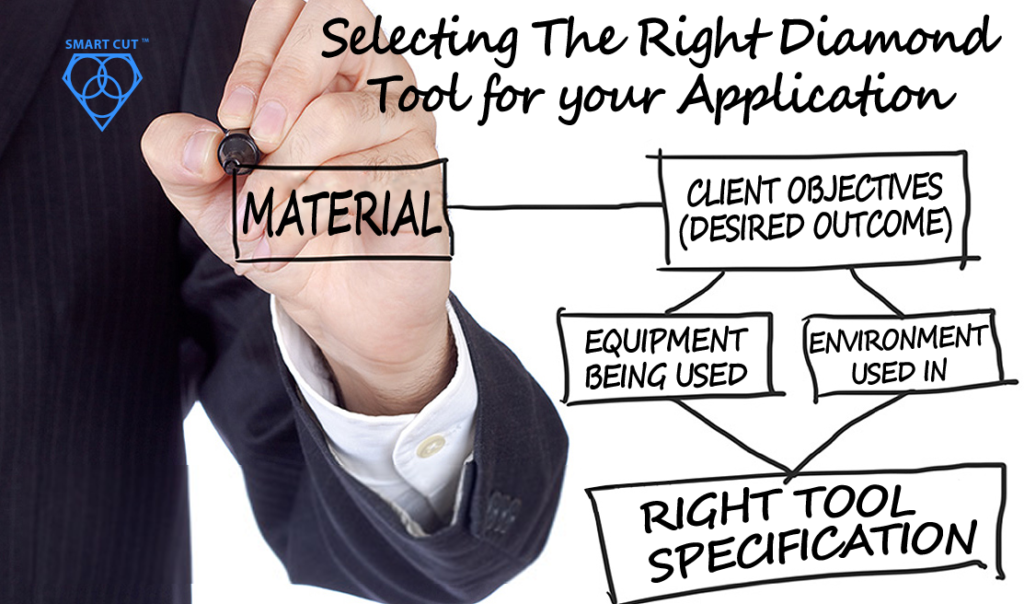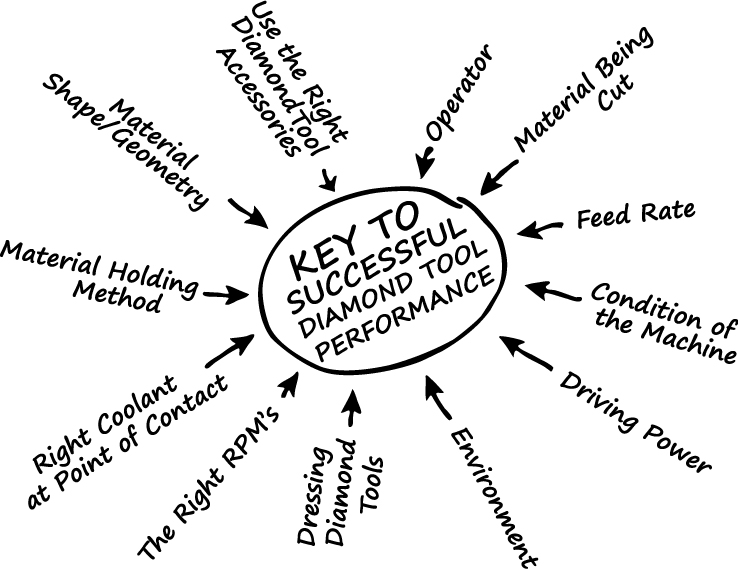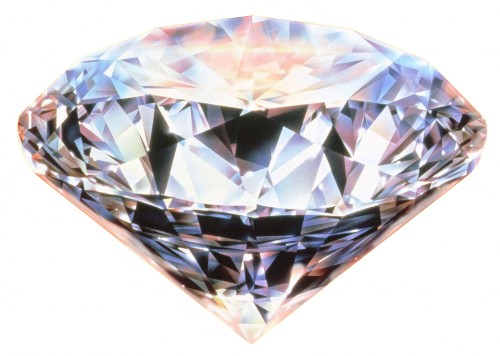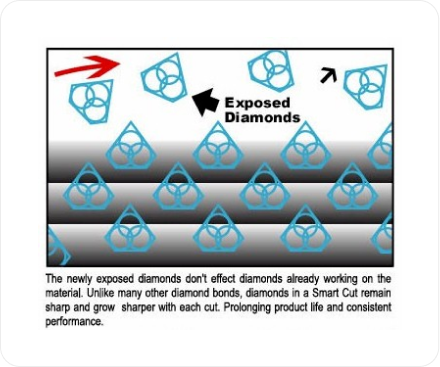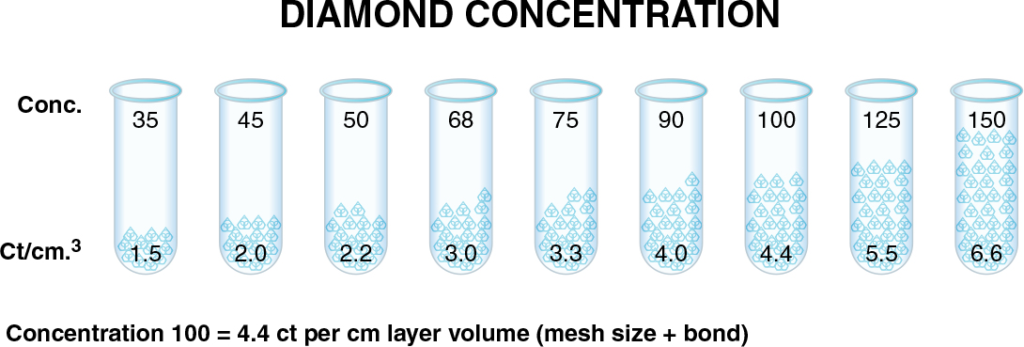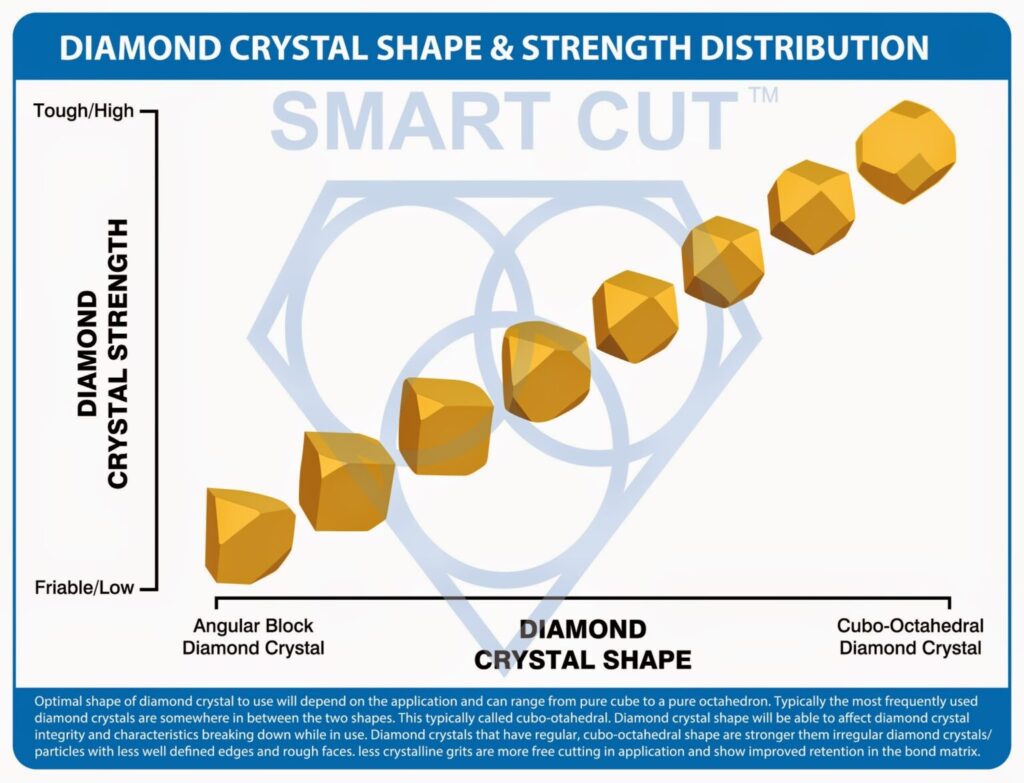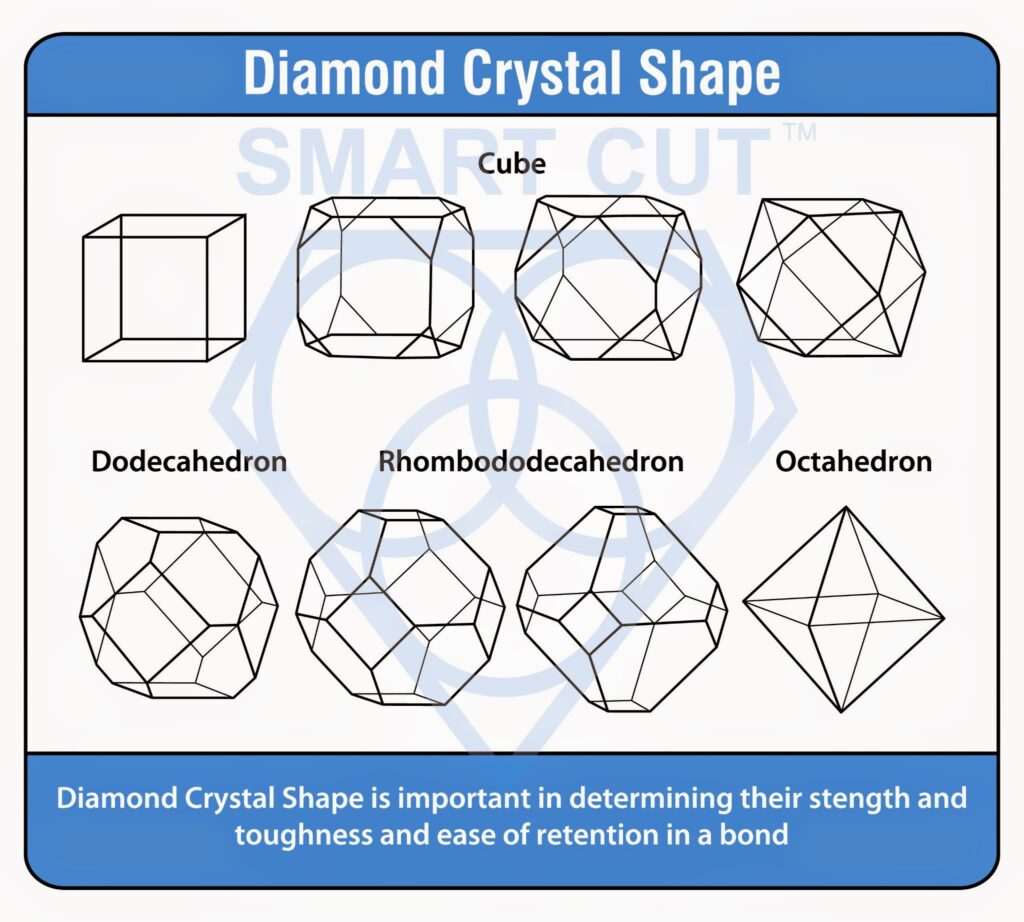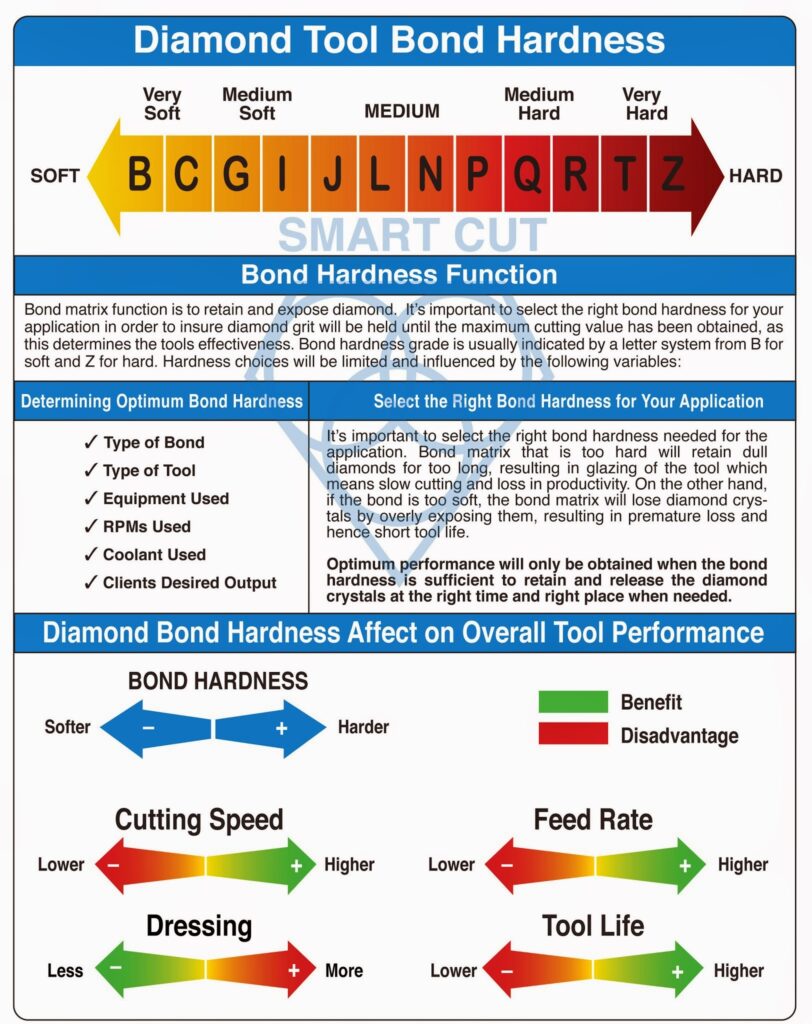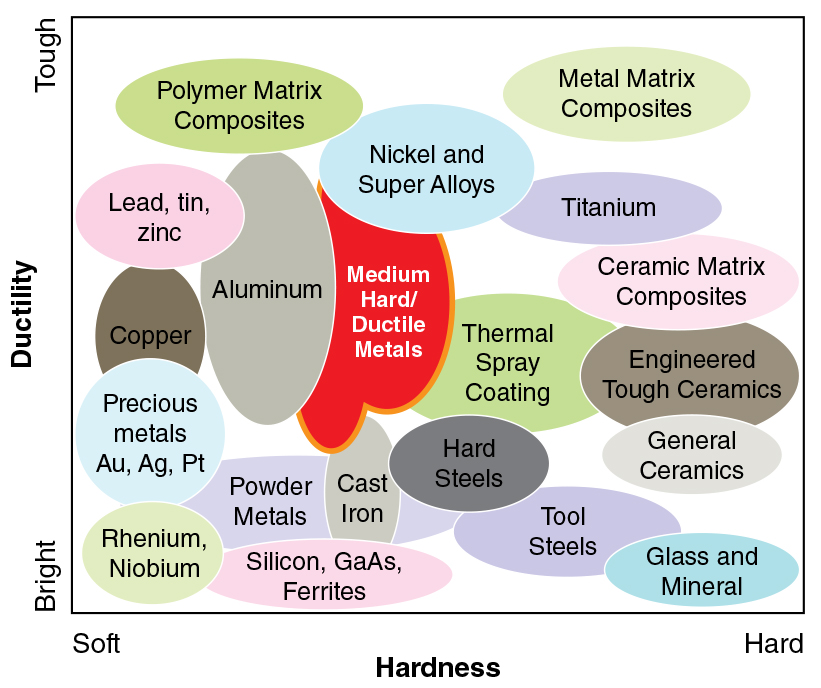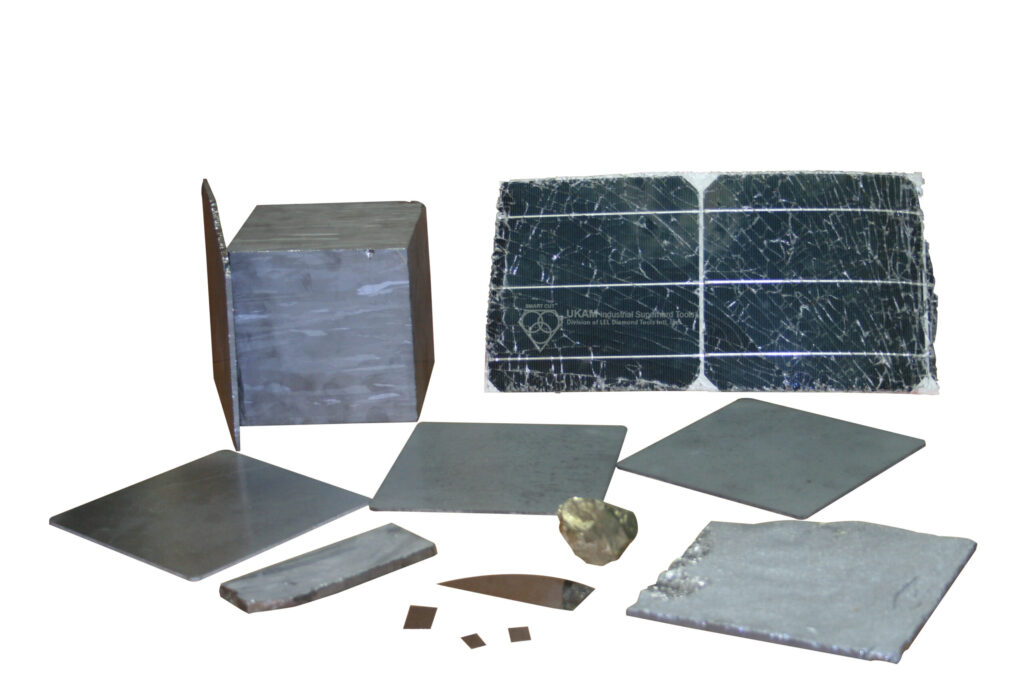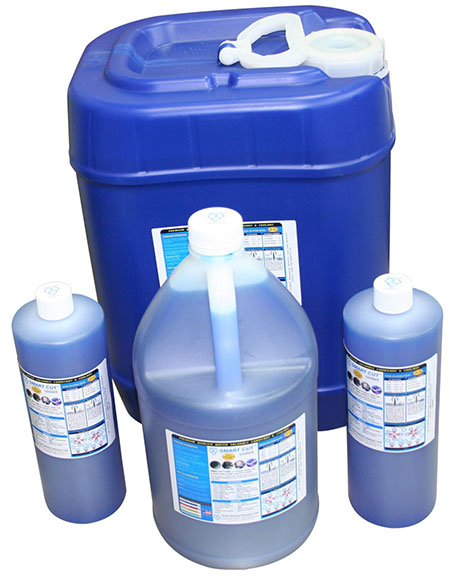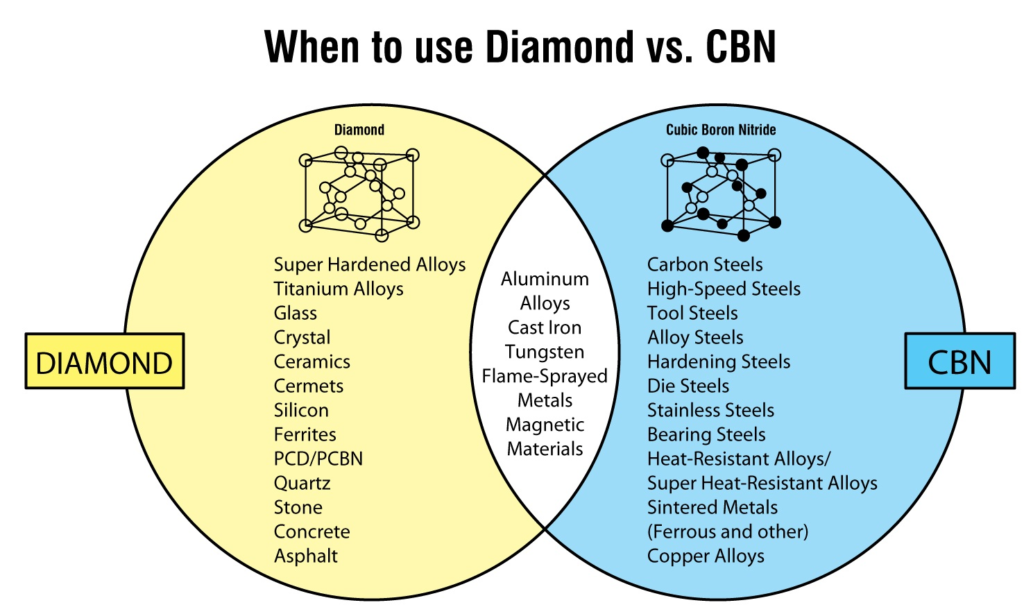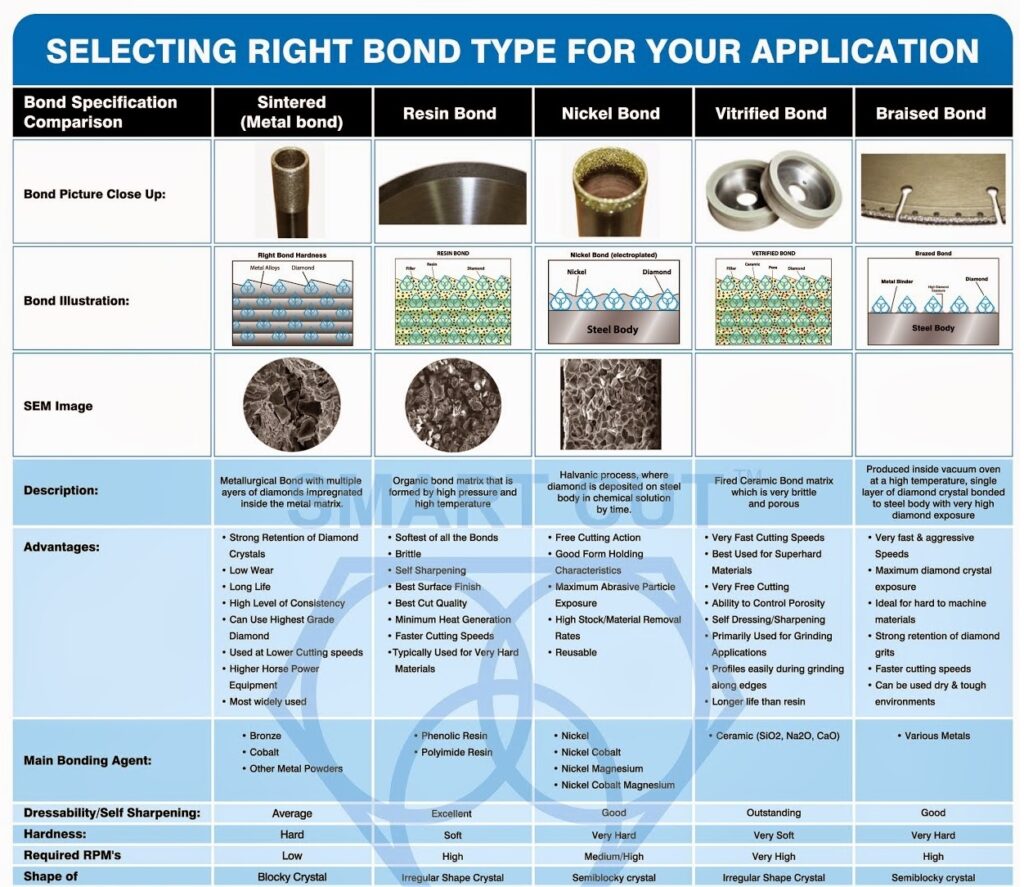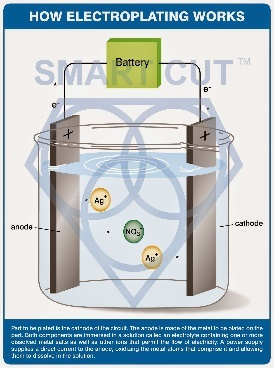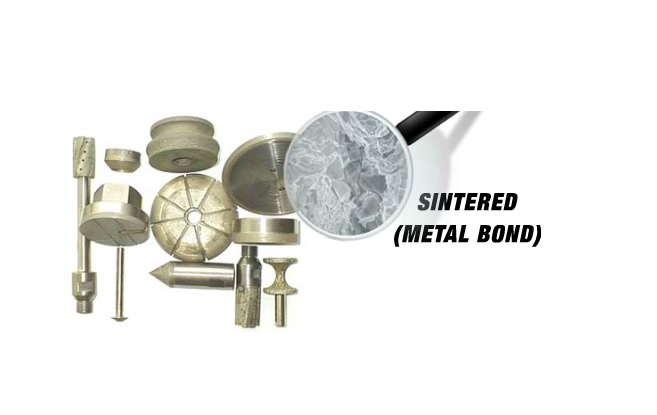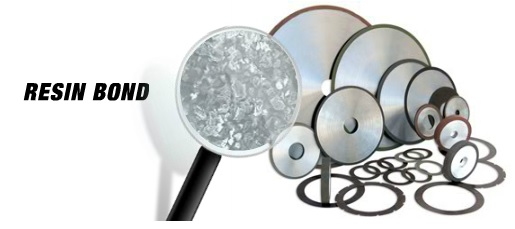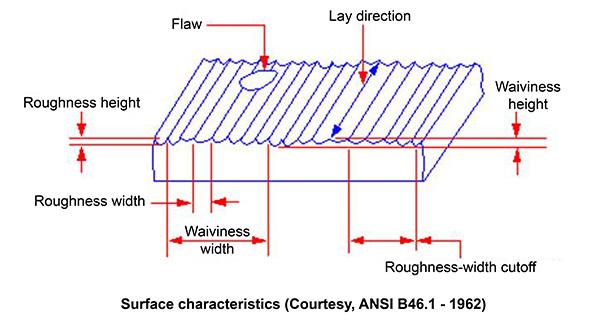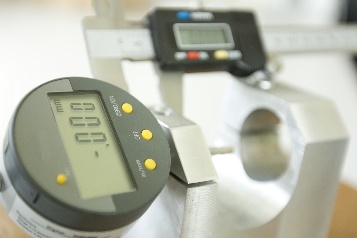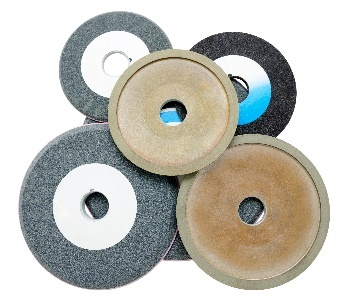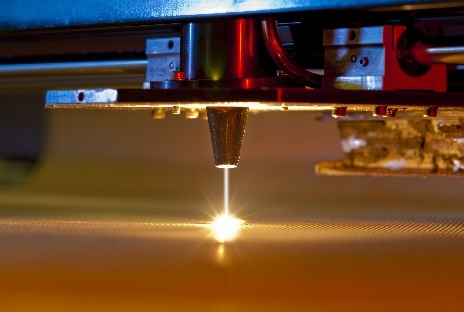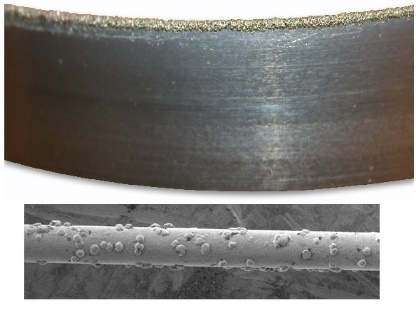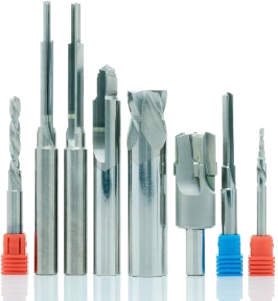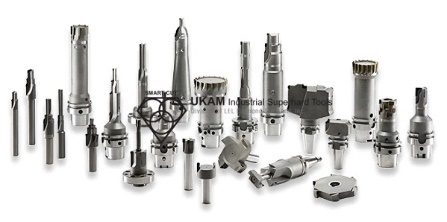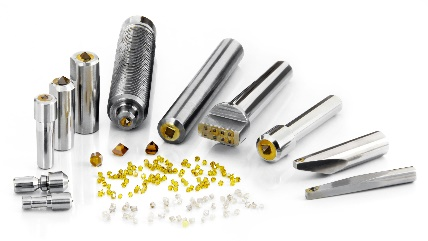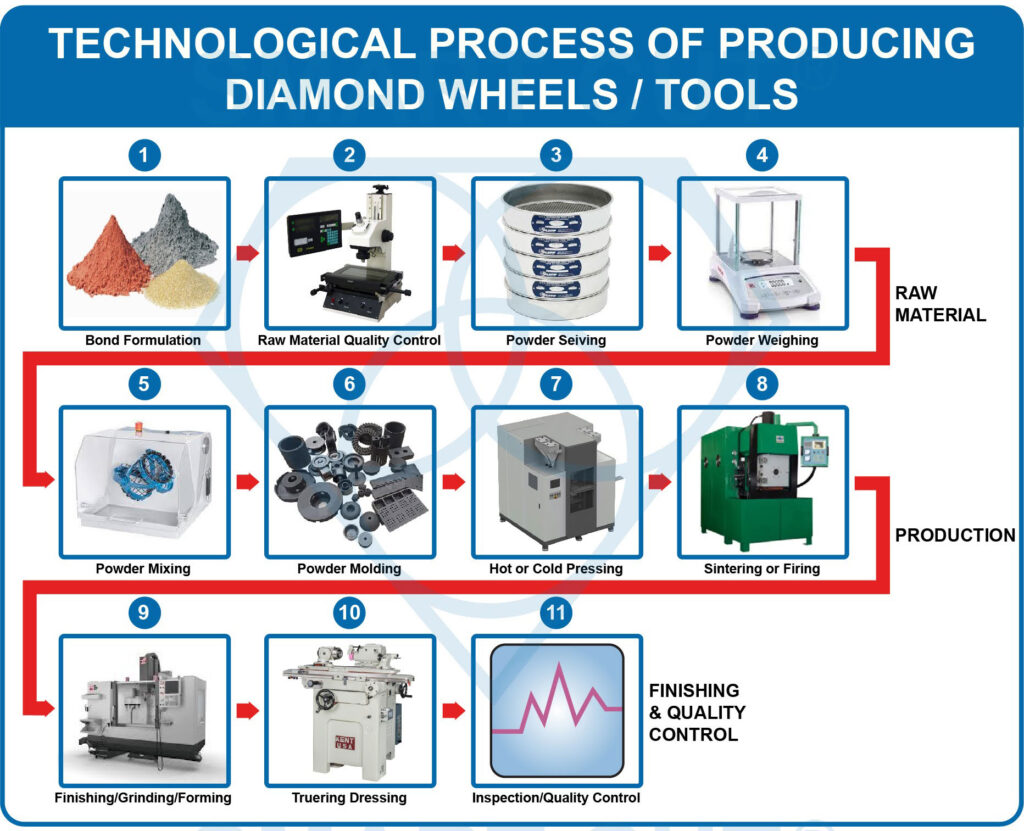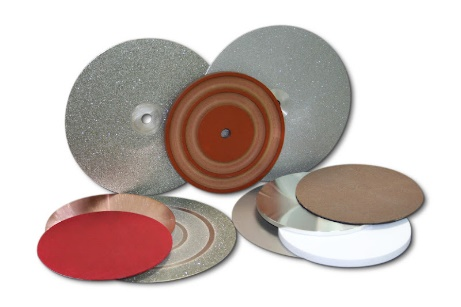Diamond Core Drills can be used on a wide variety of equipment, such as: Drill Press, Hand Held Drill, Angle Grinder, CNC & Milling Machines. For most applications we recommend a you use diamond drills on a drill press. The drill press provides uniform drilling consistency, tighter tolerances, and better overall performance. Although a drill press may cost you more than an angle grinder, hand held grinder, or hand held drill. It will pay of in the long run.
Diamond Drills are available from inventory in many different specifications, outside & inside diameters, drilling depths, bond types, wall thickness, diamond mesh sizes, mountings, & tolerances. We will work with you to determine your needs, and recommend the right solution for your specific material/application. You can count on us to improve you drilling operation to its ultimate efficiency.

Drill Press
For most applications we recommend a you use diamond drills on a drill press. The drill press provides uniform drilling consistency, tighter tolerances, and better overall performance. Although it may cost more than an angle grinder, hand held grinder, or hand held drill. It will pay of in the long run.

Angle / Hand Held Grinder
Angle / Hand Held Grinder offers the advantage of low cost, and increasing versatility. With this one piece equipment you can drill, cut, grind, and polish. An angle grinder is excellent choice for small jobs, outside jobs, drilling hard to reach places, or when drilling a very large piece of material. Where using a conventional drill press is not feasible.

Hand Held Drill
Nothing beats the versatility and ease of use of a Hand Held Drill. Lightweight and portable, the hand held drill can be taken with you anywhere you go. Perfect for use on horizontal surfaces, and outside jobs. An excellent tool for beginning hobbyist, homeowner and construction contractor. Use a hand held drill where a drill press is not feasible.

CNC / Milling Machine
The best drilling results, precision tolerances, surface finish, and consistency will be obtained on a CNC / Milling Machine. An ideal choice for high production drilling operations. This equipment is fully automatic and controlled by a computer. And costs more than other types of drilling equipment.
Although there are hundreds of different types of drill presses on the market. For the most part, drill presses can be classified as two different types:
Bench Drill Press- Used for smaller jobs. Usually bolted or clamped to table or bench top or stand. This is the smallest and least expensive type of drill press. Perfect for the hobbyist and beginner.
Floor Drill Press- Larger drill press. Usually has a base that stands directly on the floor of your shop. This drill press can be extended and adjusted for optimum use and movement. An operator may use this drill press in either sitting or standing position. This type of drill press can be found used in most machine shops and professional hobbyist.
Industrial / Production Drill Press - Heavy Duty type of drill press, similar to a milling machine. Usually come with adjusted RPM (variable speed), larger drilling table (area) for holding larger parts (material), more powerful motor, capability to use chuck or collet, move drilling head up and down, move table horizontally and vertically.
Specialty / Custom Drill Press - Manufactured for specific material / application. For example, when machining very abrasive materials the drill press will be made from special type of metal to minimize dust and corrosion. Come with ultra precise chucks, collets, water pumps and devices. With these types of drill press you are usually able to regulate drilling depth either electronically or by computer, maintain consistent speed and feed rate. More advanced drill presses today may have feed back mechanism that provides information on all of these variables.
Before Buying a Diamond Drill or Drill Press
When buying a Diamond Drill to fit your current Drill Press or buying a Drill Press to fit a Diamond Drill, we recommend you carefully examine both drill and drilling equipment specifications to make sure they are compatible. Some variables you should consider:
Motor - Drill presses run on electric motors rated in horsepower. Make sure the motor for the drill press you choose is powerful enough for the material you are planning to drill and the diamond drill you are planning to use. Most Bench Drill Presses have motors rated between .3 hp and .5 hp. Floor Drill Presses on the other hand have motors that run between .75 hp and 1.5 hp. We recommend you choose the highest power motor you can afford. Doing so will place less strain on your job and will allow you to be more flexible, if you decide to use another drill or drill a different type of material in the future.
Speed Control - You will need to adjust the speed (RPM) at which you diamond drills run, depending on the material you are planning to drill. A drill press will usually allow you to run your diamond drills between 500 RPM (Revoltutions Per Minute) to 3,500 RPM. Some Drill Presses only provide specific speed settings, such as 500, 1,000, 1,500, 2,00, 2,500, and 3,000 RPM. This may be acceptable to you, again depending on the diameter of the diamond drill and material you are planning to use it on. Before buying a drill press, make sure it will run at the Recommended RPM set for your diamond drills.
Throat Depth - Drill Press design usually limits the distance between the center of the spindle (where the diamond drill is placed) and front edge of the vertical post that is used to support the drill head. This is called the throat depth. When drilling a hole in the center of a round work piece such as a tabletop, the radius of your work piece will need to be less than the throat depth itself.
Spindle Travel - The spindle of a drill press moves up and down only a certain distance. The distance the spindle can move is called spindle travel. This determines the maximum depth of the holes you will be able to drill. The drilling depth of your diamond drill will need to reflect and consider the spindle travel of your drill press.
Table Adjustments - Most Drill Presses have a tilting worktable. Some have the capability to tilt 45 degrees left and 45 degrees right. Others can tilt a full 90 degrees in each direction. Before buying a drill press, make sure the model you are considering, can work with the angles you need to make for your application. It is also recommended that the table swing in the horizontal pane as well. An excellent type of drill press is the on that can spin completely around the post.
Head Adjustments - A number of Drill Presses supplement a tilting table with a tilting drill head. Tilting heads typically move 45 degrees left and right, and ease the mind-bending work of compound angles. We
recommend you are comfortable with both the adjustment mechanism and the angle gauge before using or buying this type of drill press.
Drill Press Accessories - There are a number of accessories on the market that will make your drilling experience faster, easier, and provide better performance as well as lower cost per hole. A few important ones include:
- Water Swivel Adapters- used to supply water through the center of your drills. Increase drill life 40% to 75%, improve quality of hole, and surface finish.
- Shank Adapters- thread into your diamond drill collet, and allow the diamond drill to be placed in the drill press chuck.
- Vises and Clamps - Designed for your drill press worktable. Hold you material firmly in place while drilling.
Hand Held Drills
Nothing beats the versatility and ease of use of a Hand Held Drill. Lightweight and portable, the hand held drill can be taken with you anywhere you go. Perfect for use on horizontal surfaces, and outside jobs. An excellent tool for beginning hobbyist, homeowner and construction contractor. Use a hand held drill where a drill press is not feasible.
Hand Held Drills are available in a wide selection of both corded electric and battery-powered cordless models. The drill type you choose will effect your drilling capability in terms of material and diameter of the hole. The first step in selecting the right hand held drill for your application is determining the size of holes you need to drill and in what materials will you are planning to drill.
Make sure you select the hand held drill that actually has the capacity to do the work you need. Doing so will make your jobs faster and easier. As well as avoid problems such as ruining the diamond drill or material, caused by drilling with the wrong hand held drill or hand held rill without enough capacity.
The following are some of the features you should consider when choosing the right hand held drill for your application:
Capacity
A hand held drill's capacity indicates the largest hole size you can drill. Most hand held drills are ranked according to the maximum diamond drill shank the chuck can hold. Most popular drill shank sizes are 3/8" and 1/2".
Power
Make sure your hand held drill has enough power to use the diamond drill at the recommend RPM. Hand held drills are ranked according to maximum horsepower the motor can give. If your hand held drill does not have enough power, your chuck capacity will be irrelevant. And you will not be able to drill the size of hole and material you need. Before buying a hand held drill, we recommend you compare the horsepower of the drill. By the same token, if you will be working only with small, or soft material, and need to drill only a few holes an inexpensive drill will probably be sufficient for your application. However, if you are planning to drill a large amount of holes, drill hard materials, or make deep holes and need to use your drill often, a more heavy duty and higher powered drill will be required.
When drilling, never force your hand held drills doing causes a more wear and tear on your drill, than associated with normal usage. Hence, decreasing your machines life and deteriorating future performance.
Angle / Hand Held Grinders
Angle / Hand Held Grinder offers the advantage of low cost, and increasing versatility. With this one piece equipment you can drill, cut, grind, and polish. An angle grinder is excellent choice for small jobs, outside jobs, drilling hard to reach places, or when drilling a very large piece of material. Where using a conventional drill press is not feasible.
CNC / Milling Machine
The best drilling results, precision tolerances, surface finish, and consistency will be obtained on a CNC / Milling Machine. An ideal choice for high production drilling operations. This equipment is fully automatic and controlled by a computer. And costs more than other types of drilling equipment.

